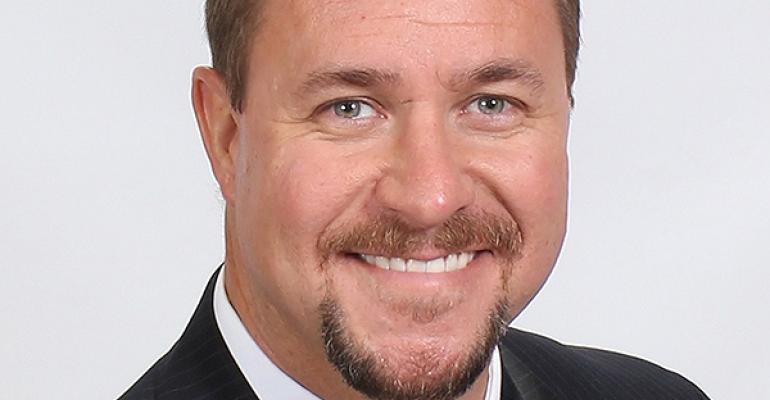 A critical step in the event planning process is to evaluate and prepare for potential security incidents. Event coordinators are skilled in taking every detail into consideration, with one exception--safety.
A critical step in the event planning process is to evaluate and prepare for potential security incidents. Event coordinators are skilled in taking every detail into consideration, with one exception--safety.
Often emergency situations are left out of the planning process. Security is a necessity that should never be over looked. Oftentimes event management professionals put the emphasis is on the decor, food, lighting, speakers and visual details--however overall safety is often disregarded.
But with recent events of active shooters being on the rise, one of the trends that I have seen on the rise is that event professionals are starting to take security at their events more seriously. They are proactively planning to ensure the safety of their guests and reputation.
When working with event professionals, I emphasize the importance that each step of the planning process includes security details. From start to finish, from set-up to tear-down, plan ahead for emergency situations.
Keep event staff employees and volunteers briefed, aware and prepared to handle security situations that might arise. It is imperative that all staff adopts a security mind-set to ensure event safety and crowd management. A security mind-set involves thinking about a potential security breach that might occur and being prepared to respond effectively. Having a security mind-set heightens overall awareness of a situation and how you might respond.
By gathering the “who,” “what,” “how,” “where” and “why” for your events in the early planning stages, you can team up with your security team and be certain all areas are being managed for safety.
Simple steps for planning a secure event.
Who: Take consideration for all people at the event.
- Who will be in attendance?
- Who will be speaking?
- Who will be performing?
What: Evaluate the topic or focus of the event.
- Is the topic controversial?
- Is the topic tied to religion?
- Are there ideological interests?
How: Inspect procedures for construction of event both physically and managerially.
- How will it be setup and broken down?
- How will the event be managed?
- How will the event be secured?
Where: Assess the event location. Remember to consider exterior factors, such as neighborhoods and weather.
- Is the location in a safe area?
- Is the location in an area with increased crime?
- Is there a history of poor weather conditions?
Why: Examine the purpose of the event
- Is the event for a positive purpose?
- Is it an on-going event or one time only?
- Is alcohol an event focus and being served?
In the past, I have been asked if there are any events that do not require security planning. The answer is simply--no. In this day and age there is no venue, no event, no celebration of any kind that does not require security. One example demonstrating this is the recent cases of random active shooters. As far as the shooter is concerned, it does not matter why people have congregated, as long as there are people to attack. In a live active shooter scenario, the gunman is looking to harm as many people as possible, whether the purpose of the event is relevant to him/her or not.
When preparing for an event, it is important to remember that regulations vary from place to place and situation by situation. For example, at most public events where alcohol is served require professional security. It is important to know that the number of people in attendance requires more security.
If your company does not have experience or training in security, hire an agency that can train your staff. Keep in mind that if there are security-related issues that happen at your event and you are not prepared, it will not only affect the safety of your attendees, employees, volunteers and vendors, but also your reputation and the perception of security and safety at your future events.
Michael Julian is CEO/President MPS Security based in Murrieta, Calif. He is a member of security association ASIS International, the National Council of Investigation and Security Services, the Association of Threat Assessment Professionals, and the World Association of Detectives, and is one of fewer than 150 Certified Professional Investigators in California





